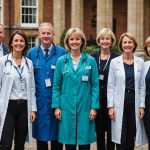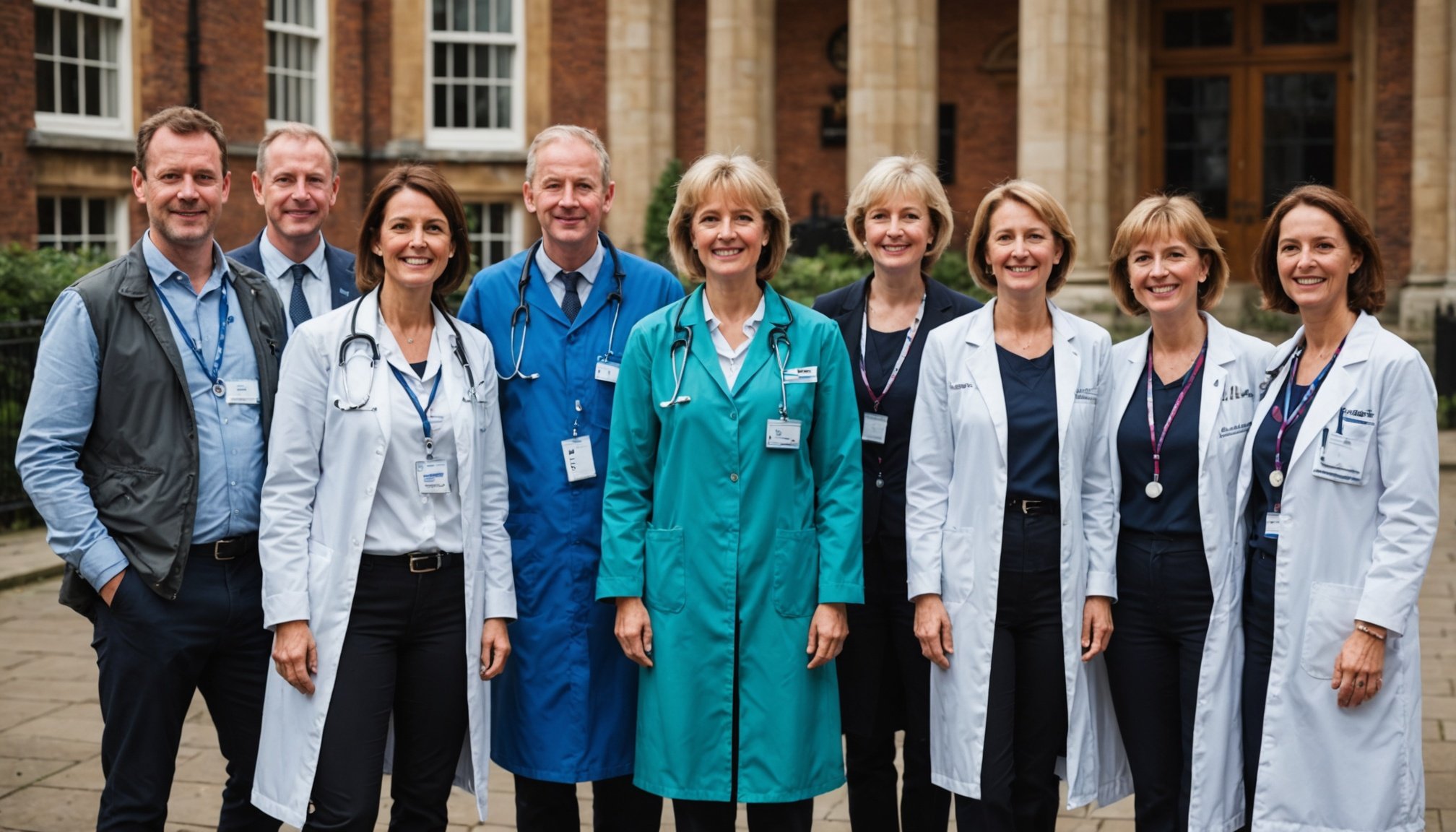Key Steps for International Health Professionals Transitioning to the UK Healthcare System
Starting your transition to the UK healthcare system means first understanding the NHS structure, which is a publicly funded healthcare system offering comprehensive services to UK residents. The NHS operates a hierarchical model with trusts responsible for hospitals and community care, emphasizing integrated service delivery geared towards patient-centred care.
Upon arrival, international health professionals must navigate essential licensing and registration requirements to work legally in the UK. This involves registering with the relevant regulatory bodies such as the General Medical Council (GMC) for doctors, Nursing and Midwifery Council (NMC) for nurses, and Health and Care Professions Council (HCPC) for allied health professionals. These registrations verify your qualifications and allow you to practice within the NHS framework.
Also to read : How Do UK Health Professionals Navigate Changes in Healthcare Policies?
Immediate actions include submitting the correct documentation, passing any required assessments, and familiarizing yourself with NHS policies. Ensuring compliance with these steps will smooth your transition and help you adapt quickly to working within the UK healthcare system. Proper preparation about NHS regulations and work conditions will also make your integration more efficient and effective.
Registration and Licensing Processes
Understanding the role of regulatory bodies is crucial for international health professionals aiming for healthcare professional licensing UK. The General Medical Council (GMC) oversees doctors, while the Nursing and Midwifery Council (NMC) governs nurses. Allied health professionals must register with the Health and Care Professions Council (HCPC), and pharmacists with the General Pharmaceutical Council (GPhC). Each organization ensures practitioners meet stringent standards before working within the UK healthcare system.
Also to discover : What Strategies Can UK Health Professionals Use to Improve Patient Engagement?
The registration process involves submitting verified documentation like qualifications, identity proofs, and English language test results. For GMC registration, candidates usually need to pass the Professional and Linguistic Assessments Board (PLAB) exams unless exempt. NMC registration demands evidence of nursing qualifications, supervised practice hours, and competency assessments. HCPC applicants must demonstrate relevant education and professional experience. Timeline expectations vary but typically range from several weeks to a few months once all paperwork is submitted.
Starting early and preparing documents meticulously reduces delays. Keep in mind that successfully navigating GMC registration or NMC registration reinforces your eligibility and confidence to proceed in your transition to the UK healthcare system.
Visa and Immigration Essentials
Navigating NHS visas and the skilled worker visa UK is essential for international health professionals planning to work in the UK healthcare system. The skilled worker visa is the most common route, allowing qualified professionals to live and work in the UK under sponsorship from an approved NHS employer. This visa requires you to meet certain criteria, including English language proficiency and a valid job offer.
Recent immigration policies highlight stricter compliance and documentation, emphasizing eligibility verification and timely renewals. For international health professionals immigration, understanding your visa type, duration, and conditions helps avoid legal complications.
The application process typically involves gathering documents such as your certificate of sponsorship, proof of qualifications, and passing an English language test (OET or IELTS). It is imperative to plan ahead, as visa processing times can vary. Maintaining compliance with all visa conditions, including work limits and reporting requirements, supports a smooth transition into the UK healthcare system. Failure to adhere to these policies may result in visa refusal or cancellation.
Required Exams and Language Proficiency
International health professionals must pass specific English language tests for NHS registration, primarily the OET (Occupational English Test) or IELTS for healthcare. These tests assess reading, writing, listening, and speaking, ensuring candidates can communicate effectively in clinical settings. Achieving the required scores is essential for GMC registration, NMC registration, or licensing through the HCPC.
Doctors typically take the PLAB (Professional and Linguistic Assessments Board) exams to qualify for GMC registration unless exempted by recognized postgraduate qualifications. PLAB tests clinical knowledge and practical skills across two parts, testing realistic scenarios doctors encounter within the UK healthcare system.
Preparing for these exams demands focused study and practice. The OET is tailored specifically for health professionals, which many find advantageous for relevant terminology and context. In contrast, IELTS covers broader English proficiency but is also widely accepted.
Common challenges include understanding UK medical terminology and adapting to exam formats. Strategies such as enrolling in preparatory courses, using official study materials, and practising speaking skills under timed conditions improve success rates. Successfully passing these exams establishes eligibility, enhancing confidence and readiness to work within the UK healthcare system.







